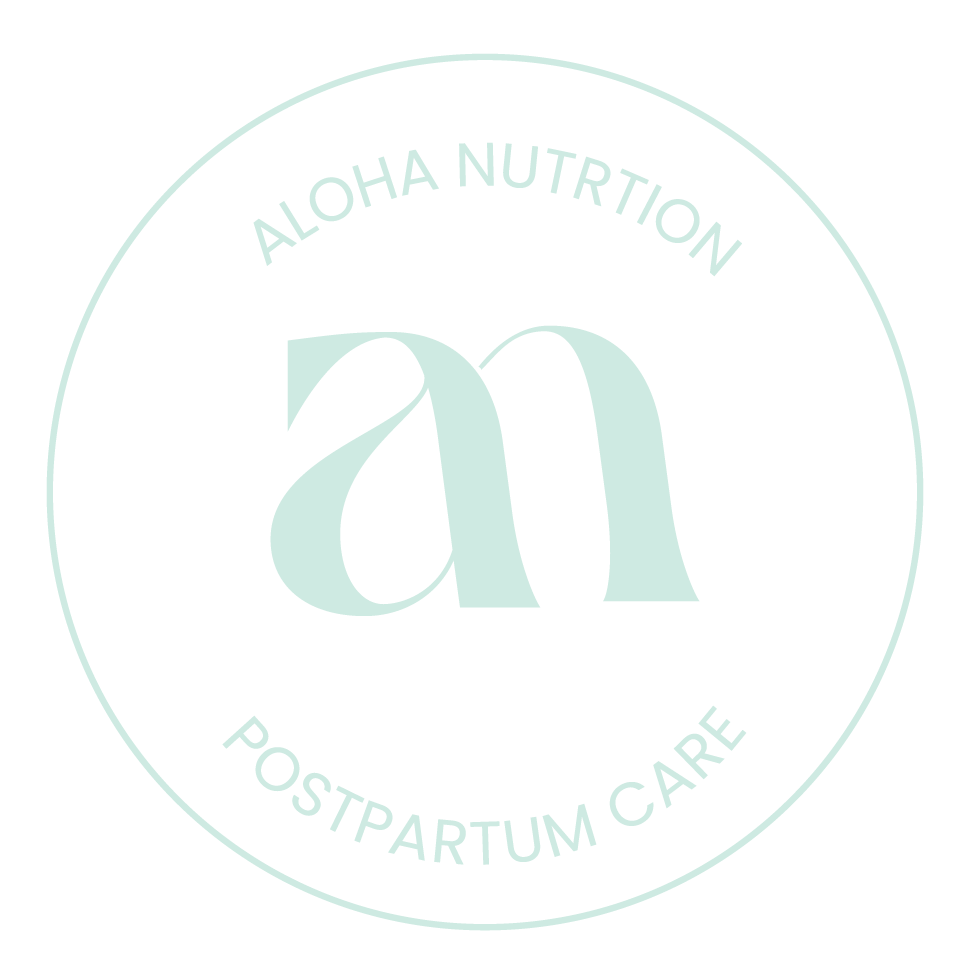When you have a newborn, sleep can be challenging for both baby and mom. While it may not be possible to get long stretches of sleep, you can optimize the rest you do get by focusing on sleep quality. By creating habits that support your body’s natural rhythms, you can wake up feeling more refreshed—even on limited sleep.

1. Embrace Your Circadian Rhythm for Quality Sleep
Our bodies are designed to follow the sun’s pattern, known as the circadian rhythm. This rhythm regulates our sleep-wake cycles and plays a big role in the quality of our rest. Here’s how to align with it:
- Wake up with the sun whenever possible, even if it’s just to sit by a window in the morning light. This exposure helps set your body’s clock. Or try these sun lamps that mimic the light from the sun.
- Dim the lights in the evening and avoid bright, artificial lights. Keeping lights low signals to your brain that it’s time to wind down.
- Limit screen time at night to reduce blue light exposure, which can suppress melatonin, the hormone that makes you feel sleepy. Try using “night mode” on your devices if you need to use them. Or try using blue light blocking glasses like these.
2. Eat Nutritious, Balanced Meals
What you eat affects your energy, mood, and sleep quality. Here are a few nutrition tips to support restful sleep with a newborn:
- Eat nutrient-dense foods to fuel your body and replenish energy stores. A well-balanced diet with healthy fats, protein, and complex carbs can keep you feeling satisfied and reduce nighttime cravings.
- Incorporate minerals and electrolytes like magnesium, calcium, and potassium, which help regulate muscle function and promote relaxation. Foods like leafy greens, nuts, and bananas are great sources.
- Hydrate throughout the day, but avoid drinking large amounts before bed. Staying hydrated is essential, but frequent nighttime bathroom trips can be disruptive.
3. Move Your Body Regularly
Physical activity during the day promotes deeper, more restful sleep at night. It doesn’t have to be intense; even gentle movement can be effective:
- Take a walk or do some light stretching—especially if you’re unable to do more vigorous workouts. Fresh air and a little exercise can go a long way.
- Try a postpartum yoga routine if you’re cleared for it. Yoga can be both calming and invigorating, which helps to regulate energy levels and relieve stress.
4. Create a Consistent Sleep Routine
Newborns thrive on routines, and so do we. Establishing a pre-sleep ritual can train your body to relax and prepare for rest, even if it’s brief:
- Go to bed and wake up at the same time each day when possible. This consistency helps reinforce your circadian rhythm.
- Create a wind-down routine: try a warm bath, reading a book, or gentle stretching before bed. Your body will start to associate these activities with sleep.
5. Practice Breath Work for Relaxation
Simple breathing exercises can reduce stress and anxiety, which are common in the early months with a newborn:
- Deep breathing exercises help to activate the parasympathetic nervous system, which induces calm. Try inhaling for four counts, holding for four, and exhaling for four.
- Mindfulness meditation can also ease your mind and help release any tension from the day. Even just five minutes before bed can make a difference.
6. Avoid Late-Day Stimulants
Stimulants like caffeine can interfere with sleep by increasing alertness, making it harder to settle down. To optimize sleep quality:
- Limit caffeine to the morning, and avoid it in the afternoon. Caffeine can stay in your system for hours, so it’s best to keep it to the early part of the day.
- Swap your evening coffee or tea for a magnesium-rich bedtime drink. Magnesium is known for its calming properties and can be especially beneficial for muscle relaxation and stress reduction. (check out my free mineral guide for more about minerals like magnesium.)
Sleep with a Newborn
While you may not be able to control the quantity of sleep you’re getting with a newborn, you can control the quality by aligning with your circadian rhythm, nourishing your body, moving regularly, following a sleep routine, practicing breathwork, and limiting stimulants in the evening. Each of these steps will help you make the most out of your rest, so you can face each new day feeling as refreshed as possible.
At Aloha Nutrition, we’re here to support postpartum moms on their journey to wellness through personalized breastfeeding support and nutrition guidance. We believe that prioritizing a nutrient-rich diet and focusing on overall wellness can make all the difference in how you feel during this transformative time. Again and again, we’ve seen that when moms care for themselves, they have the energy and resilience to thrive postpartum, fully embracing life with their little one. Let us help you feel your best as you nourish yourself and your family. To book a 1:1 consult, click here.




